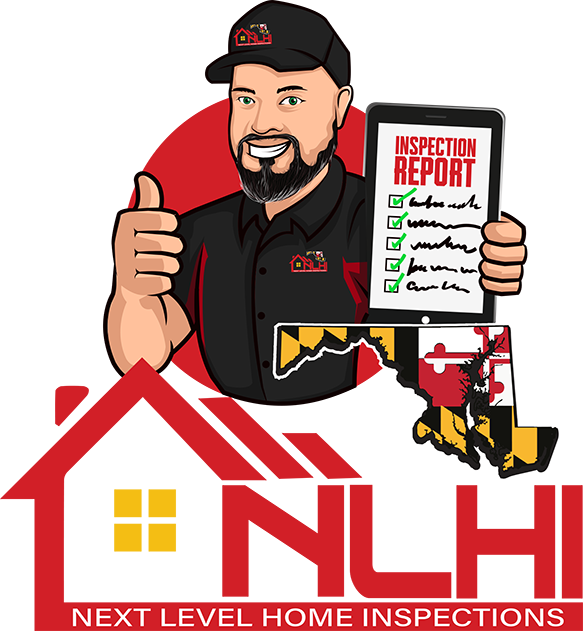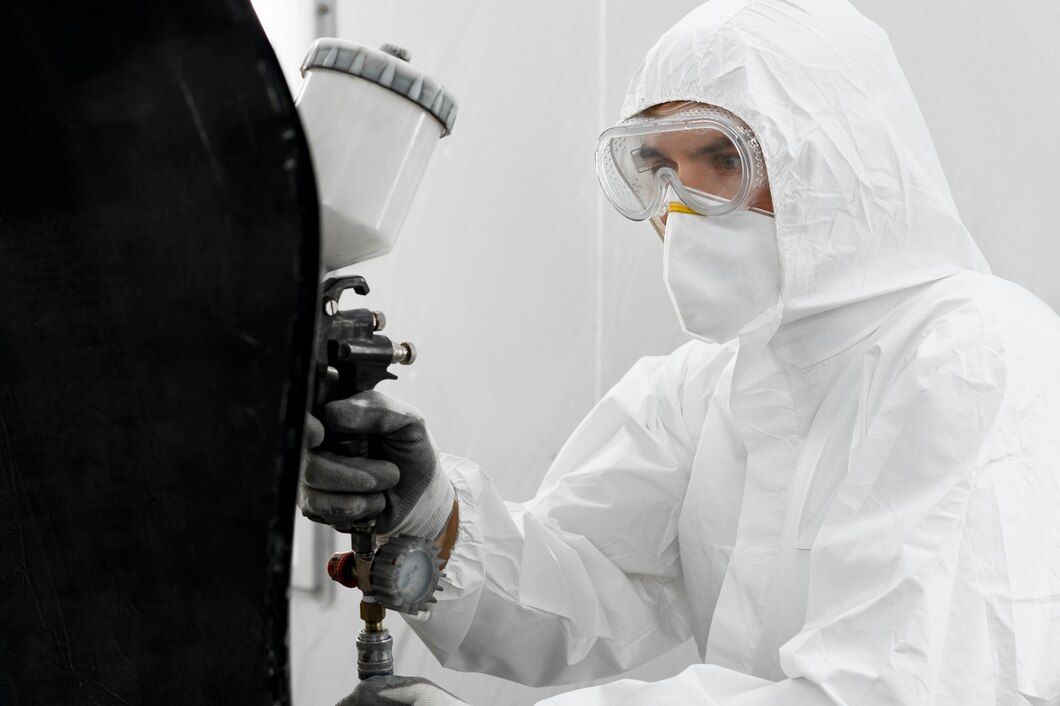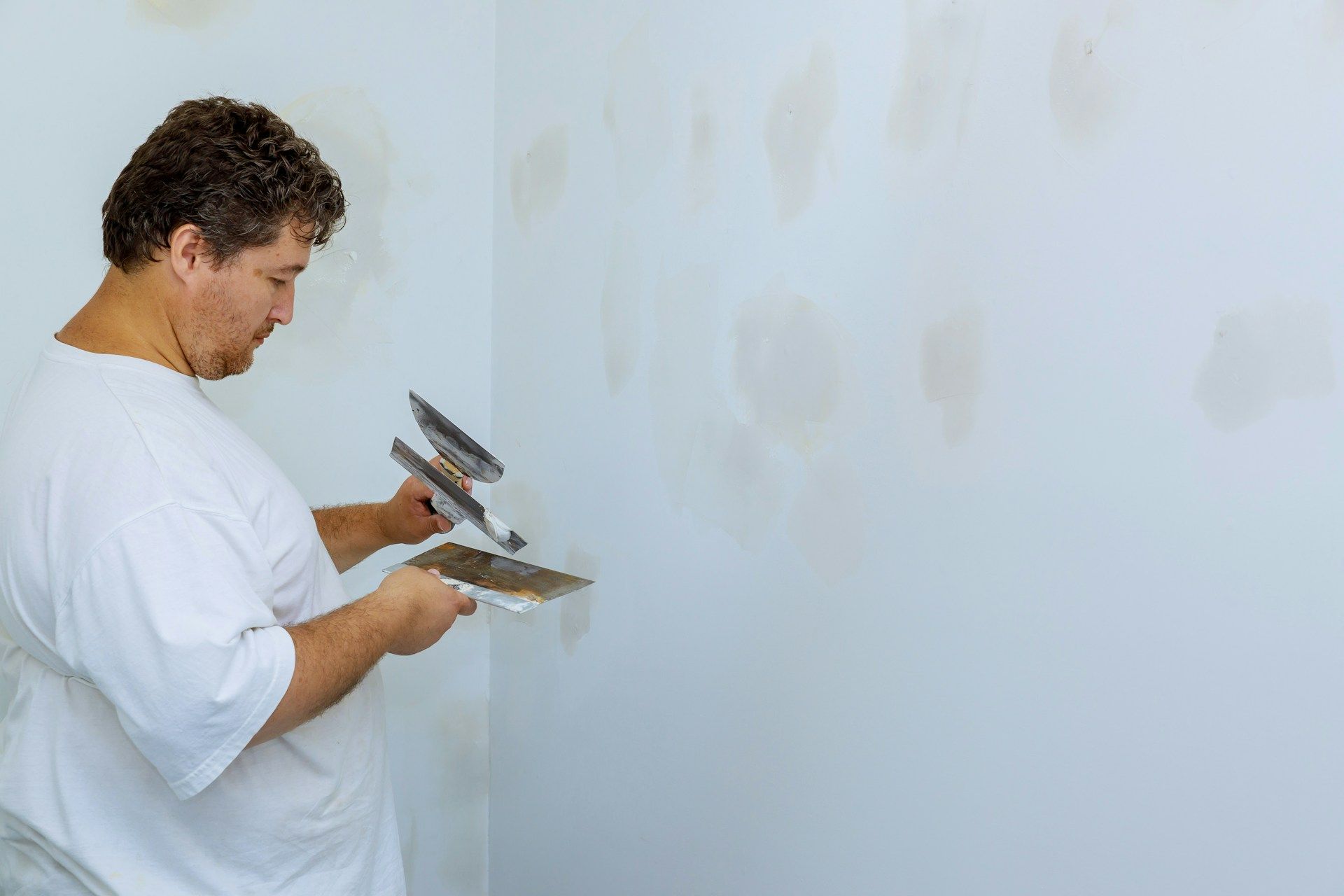Radon Testing: Safeguarding Maryland Homes from the Invisible Threat

When it comes to ensuring the safety and well-being of your family, there is an invisible threat that is often overlooked: radon. As a colorless, odorless, and tasteless radioactive gas, radon can silently seep into your home and pose significant health risks if overlooked. In this comprehensive guide, we will discuss the importance of radon testing for homeowners and homebuyers in Maryland, highlighting the associated risks, potential sources, and crucial testing procedures.
Radon is a naturally occurring gas produced by the decay of uranium found in soil, rock, and groundwater. It can enter your home in various ways, including through cracks in the foundation, gaps around pipes or drains, construction joints, and well water. While radon is ubiquitous, its concentrations can differ significantly from one home to another, depending on geological conditions, building design, and construction materials.
Exposure to high levels of radon can pose a severe health risk, as it is the second leading cause of lung cancer in the United States, accounting for over 20,000 deaths annually. This statistic underscores the importance of regular radon testing to safeguard your family's health and maintain a secure living environment.
For homebuyers, radon testing is a critical part of the purchasing process. Identifying radon levels during the transaction allows you to make informed decisions, negotiate with sellers, and protect your future home. For existing homeowners, regular radon testing and subsequent mitigation measures will preserve your home's value and ensure a healthy environment.
Keep reading because as we go into this discussion further, we will explore radon testing procedures, discuss mitigation options, and provide tips for selecting a trustworthy radon testing service provider in Maryland.
Radon Testing: Safeguarding Maryland Homes from the Invisible Threat
Understanding Radon Levels and Associated Risks
To comprehensively address radon testing and its importance, it's crucial to understand the various radon levels and the associated health risks. Radon is measured in picocuries per liter (pCi/L), and the Environmental Protection Agency (EPA) has established the following guidelines:
1. "Action Level":
This level is set at 4 pCi/L or higher, indicating that radon mitigation measures should be undertaken to reduce radon concentrations and associated health risks.
2. "Consider Action": For levels between 2 and 4 pCi/L, homeowners should consider mitigation actions, even though the risks are lower than at the action level.
Recognizing that no radon level is entirely risk-free, it's vital to test your home and assess the need for mitigation measures based on these guidelines.
Radon Testing Procedures
There are various radon testing procedures available, falling into two main categories - short-term and long-term tests.
1. Short-Term Tests:
These tests typically come in charcoal canister or alpha-track detector form and monitor radon levels over a period of 2 to 7 days. While offering rapid results, they may miss fluctuations in radon concentrations.
2. Long-Term Tests: Long-term tests monitor radon levels over a more extended period, from 3 to 12 months, and provide a more representative assessment of average radon concentrations.
To achieve the most accurate results, it's best to consult a professional radon tester who can guide you through the process and make informed recommendations based on your specific situation.
Radon Mitigation Options
If radon testing reveals elevated levels in your home, various mitigation methods can be employed to reduce concentrations and alleviate health risks.
1. Active Soil Depressurization (ASD):
ASD is a popular and effective mitigation method, involving the installation of piping and a vent fan that draws radon from beneath your home and vents it outside.
2. Passive Sub-Slab Depressurization (PSSD):
Similar to ASD, PSSD omits the use of a fan and relies on natural air currents to draw radon from beneath your home.
3. Sealing Entry Points:
Sealing cracks and gaps in your home's foundation can prevent radon entry, although this method is generally less effective and should be coupled with other mitigation measures for optimal results.
A professional radon mitigator can evaluate your home and recommend the most suitable mitigation strategy based on your individual needs.
Radon Testing for Homebuyers
For homebuyers, including radon testing in the home inspection process is essential for the following reasons:
1. Assessing Potential Health Risks:
Buyers must be aware of radon levels in a prospective home to accurately evaluate potential health risks and the property's safety.
2. Negotiating with Sellers:
Elevated radon levels indicate a potential issue that can be used as a negotiating point. Buyers can request the installation of a radon mitigation system before closing or request a price adjustment to account for the cost of mitigation.
3. Ensuring Compliance with Regulations: In certain jurisdictions, radon testing and mitigation regulations may affect real estate transactions. Homebuyers must be aware of these regulations to ensure that any necessary radon mitigation measures are carried out accordingly.
Choosing a Radon Testing Service Provider
Selecting a trustworthy radon testing service provider is integral to obtaining accurate results and safeguarding your home against potential health risks. Key factors to consider when selecting a provider include:
1. Certification and Training:
Professional radon testers should hold valid certifications and undergo regular training to stay up-to-date with radon testing standards and regulations.
2. Experience and Local Knowledge: A radon tester familiar with local geological conditions and regional fluctuations in radon levels ensures more accurate results.
3. Comprehensive Reporting:
A reliable radon testing service should provide detailed reports, explain the findings, and offer guidance on potential mitigation measures if necessary.
Safeguard Your Home with Radon Testing
For homeowners and prospective homebuyers in Maryland, radon testing is paramount to securing a safe and healthy living environment. Regularly assessing radon levels and carrying out necessary mitigation measures, when appropriate, can protect your family's health and maintain your property's desirability in the real estate market.
Trust Next Level Home Inspections for your radon testing needs – our experienced and certified professionals are dedicated to providing thorough
radon testing in Huntingtown and helping you establish a healthy, radon-free home environment. Schedule your radon test today and take the first step toward safeguarding your family and investment.










